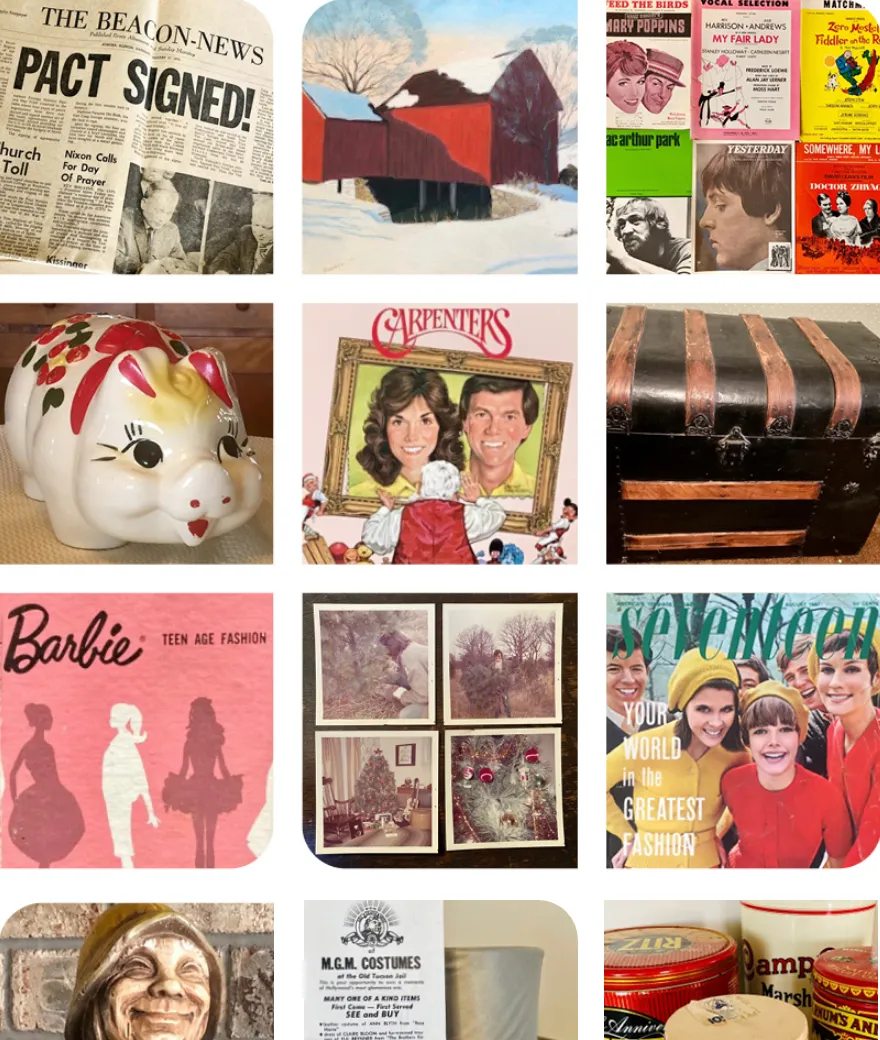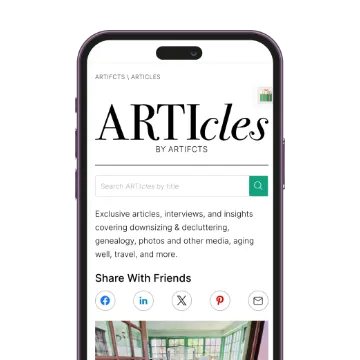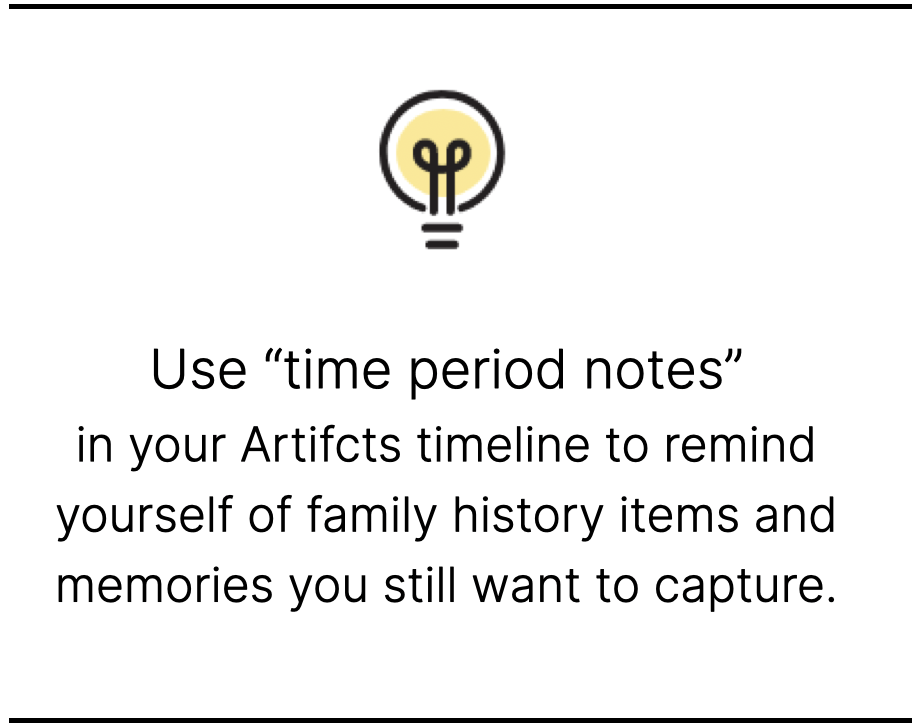Reading time: 7 minutes
We see you! You’re curious about something in your family history but are no genealogy pro. You are strapped for time and fear the complexities and cost involved in getting started and doing the research right.
The good news is that you do not need to become a genealogist to benefit from the voluminous records available online and via traditional hardcopy archives of old. We always encourage you to start “old school” with what you may have at home. Check out our Genealogy Gems checklist.

In today’s conversation, you’ll learn about how professional genealogists can support your efforts to gain new information no matter if you are a highly experienced researcher or an amateur family historian who loves a good story. Who doesn’t after all? Myths, legends, campfire tales are all about good stories. Even better when they stories are your family’s stories!
Genealogy Research with the Pros
Sheri Bennett, a professional genealogist and project manager with Legacy Tree Genealogists, knows a thing or two about genealogy. A practicing professional for nearly two decades with a degree from Brigham Young University (BYU) and first-hand research experience in Mexico and Chile, she’s seen a lot. Enjoy our chat with Sheri as we explore what professional genealogists bring to the table to resolve your family history puzzles and curiosities.
Ellen Goodwin: It’s not every day I get to chat with a professional genealogist. I’m hardly even a hobbyist. More an admirer! And you have a deep professional background and interesting specialties, too.
Sheri Bennett: Well, you’re in good company with Legacy Tree Genealogists, because we work with all types of people interested in genealogy. But, yes, you gave my technical background, and that’s been bolstered by my own family research while I was at BYU and over the course of my career. My dad was from Tennessee and my husband the south as well, so between researching their ancestry and my own time in Chile and Mexico, I have developed specialties in the US South and Midwest as well as supporting Spanish-language research.
Goodwin: In your experience, is there a common theme as to why clients hire professional genealogists?
Bennett: The specifics vary but, in general, they simply want to know – what are our stories, who were my people, where did they live and work, why did they move? They want concrete answers.
Sometimes to get these answers you need help that stretches beyond a passive hobby, because as we all know, not all information is created equal. I was shocked when a professor once told me that all those many many many family trees out there are only ~40% accurate! People think they are related to people they are not related to if they accept others’ trees.
Goodwin: That sounds … messy. Does that mean you spend a lot of time correcting trees?
Bennett: A lot of time, no, not necessarily, but it is a very common request from clients. We use two documents per relationship to validate and/or correct a relationship. One document is never enough. Someone else’s tree is never enough.
Goodwin: I think that’s a major draw for people like myself: In seeking these answers, you offer reassurance. Your work meets standards that mean your clients have concrete answers and can avoid passing down inaccurate information.
Bennett: As professional genealogists, the genealogical proof standards from the Board for Certification of Genealogists are the cornerstone of our work and our core values at Legacy Tree Genealogists, too: Care – Cooperation – Accuracy – Respect – Efficiency.
We have an obligation to undertake “reasonable exhaustive research.” The key word being exhaustive. What record could contain the needed information? Tax records, probate, … may all be relevant. And what archive, where, would hold that document?
Goodwin: I love how excited and passionate you get about this work as we’re chatting. Even a document is not just a document to you. For so many, it’s hard to breathe life or context into a piece of paper.
Bennett: Documents are so exciting. It’s a connection! They aren’t just paper – if you know how to interpret them, they can tell a story. Where they were born, to whom, was dad not even listed and was that normal for the time? If you’re lucky, like in some Latin countries, even grandparents are listed in a birth certificate, and you get three generations in one document!

Stories are there, hidden in those documents.
Goodwin: I’m excited just imagining what all that information you research could mean for today’s descendants. I can picture it: here's the city so-and-so was born and raised in, and the church where she was married—see their signatures on the marriage license—and the location where the bakery she and her family operated once stood, and so on.
Bennett: Yes, seeing it all in black and white, it’s amazing. And to your point of envisioning it, we even map those locations out for clients. You could use it to plan a family heritage trip! It’s another way we can bring the research to life for our clients – real people, real places, real relations and roots of yours.
Goodwin: Your specialties, local knowledge, and archival access across your global team must be an incredible asset to your clients. I know that in my mother’s family, the paternal line was the subject of a self-published book in 1992, but the author mentions at the outset all sorts of gaps where no matter how many letters she wrote to archives in England, Germany, and elsewhere, she never found certain records.
Bennett: Absolutely. We have researchers who specialize in different areas across the world. Often when hobbyists or amateur genealogists hit brick walls like your family member did, it’s because they are working online and cannot access the old churches, tax offices, and other archives where original records are kept.
Goodwin: Thinking about those original records, validating places of birth and marriage, for example, are more black and white sorts of records searches. Surely people also come to you with information more akin to family lore that they want you to explore?
Bennett: Ha, yes. And I’m sure you read a lot of family lore at Artifcts, too. Curiosity certainly motivates people. They want to know if the family legends are true. Do we have a Cherokee princess in the family line? Are we really related to Jessie James? Did my ancestors come over on the Mayflower? They are curious, but they don’t have time to unearth this information themselves.
They want to know, are the legends true?
Goodwin: In seeking these answers, you deliver insights and the proof we spoke about earlier. Clients receive a written report, along with a fan chart, copies of the original documents, and even a data file that they can upload to genealogy software to update their tree. Did I miss anything?
Bennett: All of our findings are delivered in a binder and a password protected website, too. And, keep in mind, it's all the research findings along the way, too.
One of our clients in Cuba was trying to trace his family’s origins back to Spain. But it wasn’t as simple as going one or two generations back. Ten generations back and at last we landed his family in Spain. All of our research discoveries along the way, even the dead ends, were valuable and validating.

Nil results are still progress!
Goodwin: What’s one detail about family history and genealogy research that people might easily overlook?
Bennett: The photos. Often clients want us to find photos of their ancestors, and here there’s an important “yes, but” to consider.

Was your ancestor in the newspaper? That would help.
Goodwin: I know exactly what you mean about the feeling of connection when you discover new details and context. I Artifcted a family brooch after a lengthy episode of chasing family history and had I known more about it earlier, I would have worn it on my wedding day.
If I were a client of yours, could I share that Artifct with you to support your research?
Bennett: Yes! We prefer clients to share files with us digitally, if possible, so we can easily access and review them and avoid duplicating any progress they may have already made in their family research.
We certainly do not want you to send us a brooch or original photo or document. If those resources are Artifcted, all the better! We can weave Artifcts into the biography along with the photos and documents within each Artifct, too.
<<End Interview>>
There’s that age old saying, working smarter not harder. And sometimes, yes, that means calling in a professional genealogist for a course correction, powering through a brick wall, or inspiring your search down paths you’ve never even caught a glimpse of. We love that your Artifcts can capture and boost those genealogy discoveries and sharing and hope you’ll have a lot of fun as you continue your family history research!
Happy Artifcting!
______________
You may also enjoy these additional ARTIcles by Artifcts:
Did You Know Great Grandpa was an Inventor?
Grandma's Secret, Not-So-Secret, Coin Collection
She's the Last of Her Generation
###
© 2023 Artifcts, Inc. All Rights Reserved.




















 Family history, Artifcted!
Family history, Artifcted!







